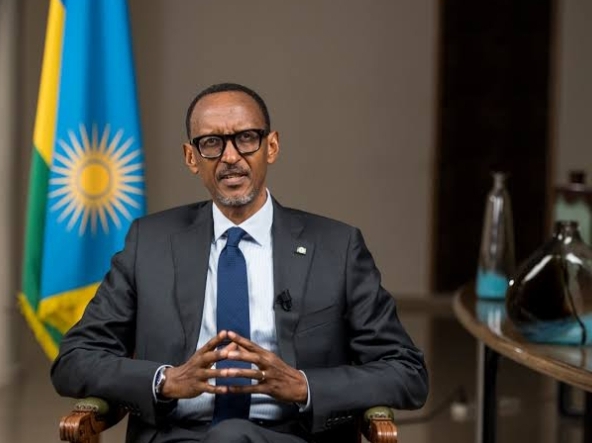Rwanda withdraws from ECCAS, citing political manipulation by the DRC and being denied its rightful turn at the bloc’s rotational presidency during the Malabo summit.
Rwanda Withdraws from ECCAS Over DRC Dispute


Rwanda has officially announced its withdrawal from the Economic Community of Central African States (ECCAS), marking a significant shift in regional relations. The announcement coincided with the 26th ECCAS Summit held on Saturday in Malabo, Equatorial Guinea.
In a statement released by the Rwandan government, Kigali strongly criticized what it described as the manipulation of ECCAS by the Democratic Republic of Congo (DRC). “Rwanda deplores the instrumentalisation of the Economic Community of Central African States by the DRC,” the statement began.
The government further claimed that this political bias became particularly evident during the Malabo summit. “This deviation has come to light once more today in the context of the 26th Summit in Malabo, where Rwanda's right to the rotational presidency, as laid down in Article 6 of the treaty, was deliberately ignored to impose the diktat of the DRC,” the statement continued.
Rwanda had been slated to assume the organisation's rotational presidency for the coming year. However, during the summit, DRC officials reportedly objected, citing their inability to participate in a summit hosted by Rwanda. Consequently, and despite protocol, the presidency was handed to Equatorial Guinea — the same country that had already served as ECCAS chair over the past year.
The diplomatic fallout comes against a backdrop of ongoing hostilities between Rwanda and the DRC. Tensions have been escalating, fueled by military clashes in eastern Congo involving DRC forces and the M23 rebel group, which Kinshasa accuses Rwanda of supporting — a charge Kigali denies.
Prior to Rwanda's withdrawal, ECCAS comprised eleven member states: Angola, Burundi, Cameroon, the Central African Republic, Congo, Gabon, Equatorial Guinea, the Democratic Republic of Congo, Rwanda, Sao Tome and Principe, and Chad. Rwanda’s exit now reshapes the regional bloc and signals growing fractures in Central African cooperation efforts.

 বাংলা
বাংলা  Spanish
Spanish  Arabic
Arabic  French
French  Chinese
Chinese 
